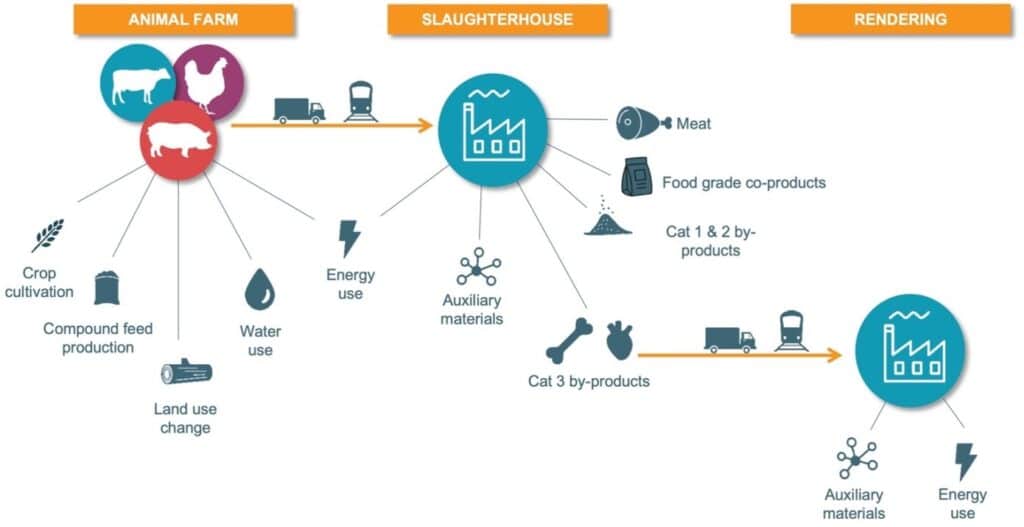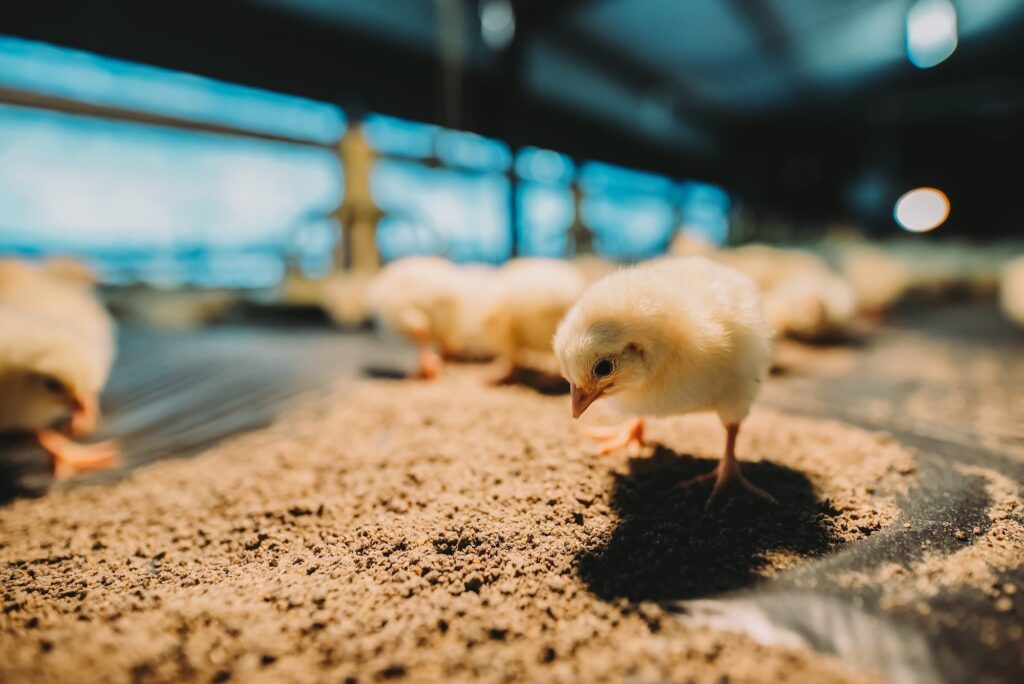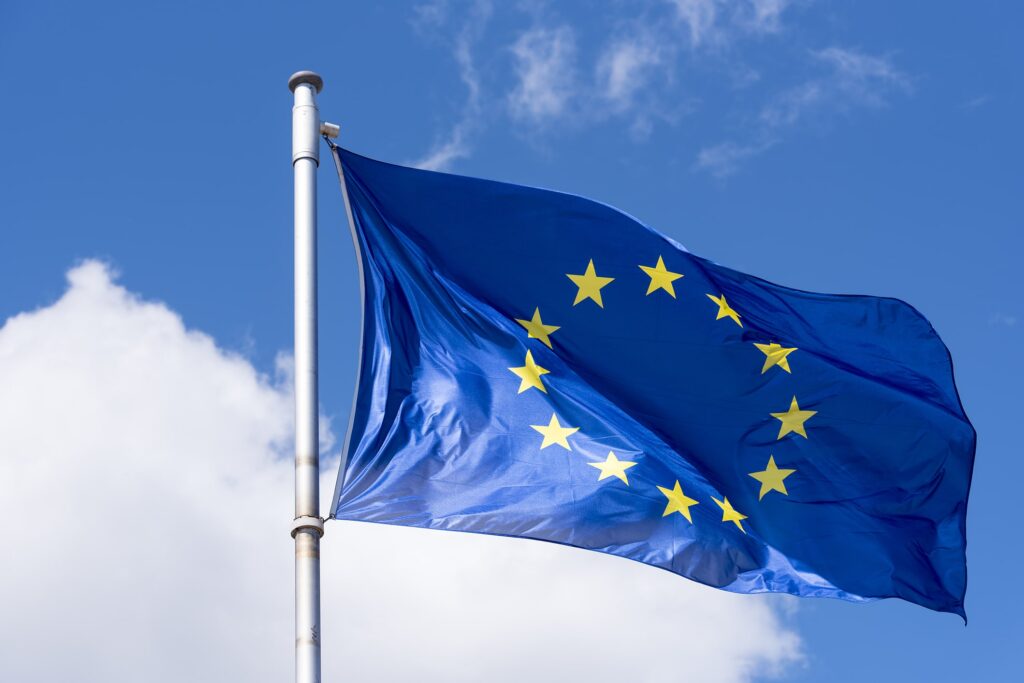Opportunities and challenges for the rendering sector
A message from the new EFPRA President Robert Figgener Following six years as Vice-President, Mr Robert Figgener has taken the helm at EFPRA becoming President at the recent 22nd EFPRA Congress. He has broad experience of the rendering sector following ten years as Managing Director at SARIA International and deep knowledge of renewable fuels from […]
Opportunities and challenges for the rendering sector Read More »





